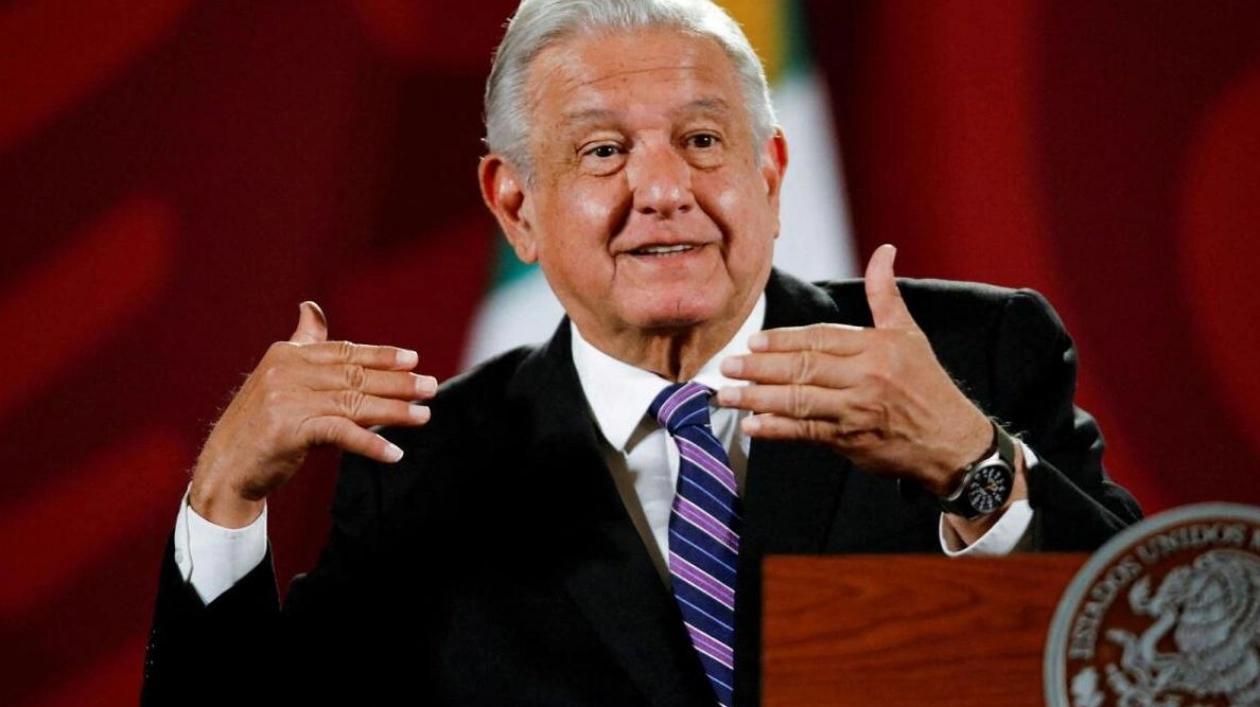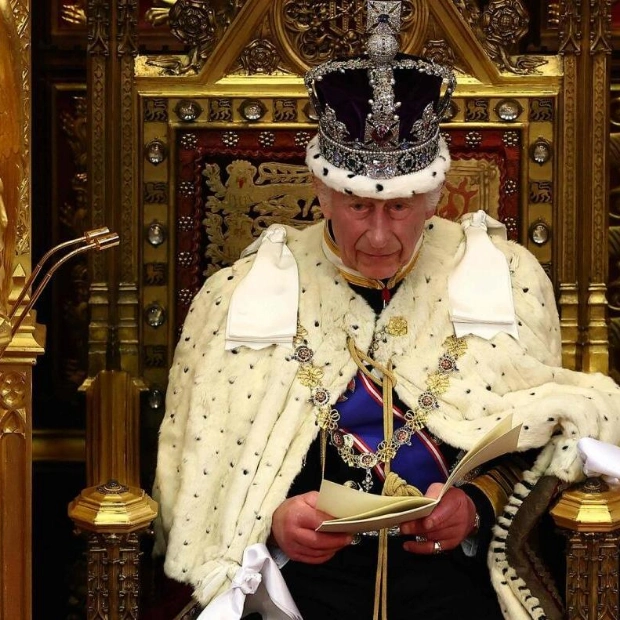Mexico's outgoing President, Andres Manuel Lopez Obrador, along with his incoming successor, has initiated judicial reforms that have led to diplomatic tensions with the United States and unsettled financial markets. The key proposals, set to be discussed in the Congress dominated by the ruling party, include electing Supreme Court and other judges and magistrates through popular vote. This move is seen as a way to shift the judiciary away from serving the interests of the political and economic elite. Candidates for these positions would be suggested by the executive, legislative, and judicial branches of government. Currently, Supreme Court justices are nominated by the president and confirmed by the Senate, while judges and magistrates are appointed by the Federal Judicial Council.
Supported by president-elect Claudia Sheinbaum, who is set to take office on October 1, these proposals aim to reduce the number of Supreme Court judges from 11 to 9 and shorten their terms from 15 years to 12. Additionally, a new supervisory body would be established to oversee judges, addressing the high rate of impunity in Mexico, as reported by the non-governmental organization Impunidad Cero. This system would resemble the judicial selection process in Bolivia, where high court members are elected by popular vote.
Critics, including opposition politicians, judges, and judicial employees, argue that these reforms would politicize the justice system and undermine the separation of powers. Margaret Satterthwaite, the United Nations special rapporteur on the independence of judges and lawyers, has expressed deep concerns about the broad implications for judicial independence in Mexico. Human Rights Watch has urged lawmakers to reject these dangerous proposals, stating they would seriously undermine judicial independence and violate international human rights standards.
The US Ambassador to Mexico, Ken Salazar, has warned that these changes could threaten the trade relationship between the two countries, which relies on investor confidence in Mexico's legal framework. He also highlighted the potential for these reforms to make it easier for cartels and other bad actors to exploit politically motivated and inexperienced judges. Canada, part of the major free trade partnership with the United States and Mexico, has also expressed investor concerns about stability and a functioning judicial system.
In response to these concerns, Lopez Obrador announced a pause in relations with the US and Canadian embassies, criticizing the ambassadors' statements as interventionist. Several investment firms have warned that curbing the independence of the judiciary could impact the resolution of conflicts between the government and the private sector, leading to heightened uncertainty about the legal operating environment. Since Sheinbaum's landslide election victory in June, the Mexican peso has fallen by around 16% against the dollar, reflecting concerns about the country's economic stability and the risk perception of foreign investors.






